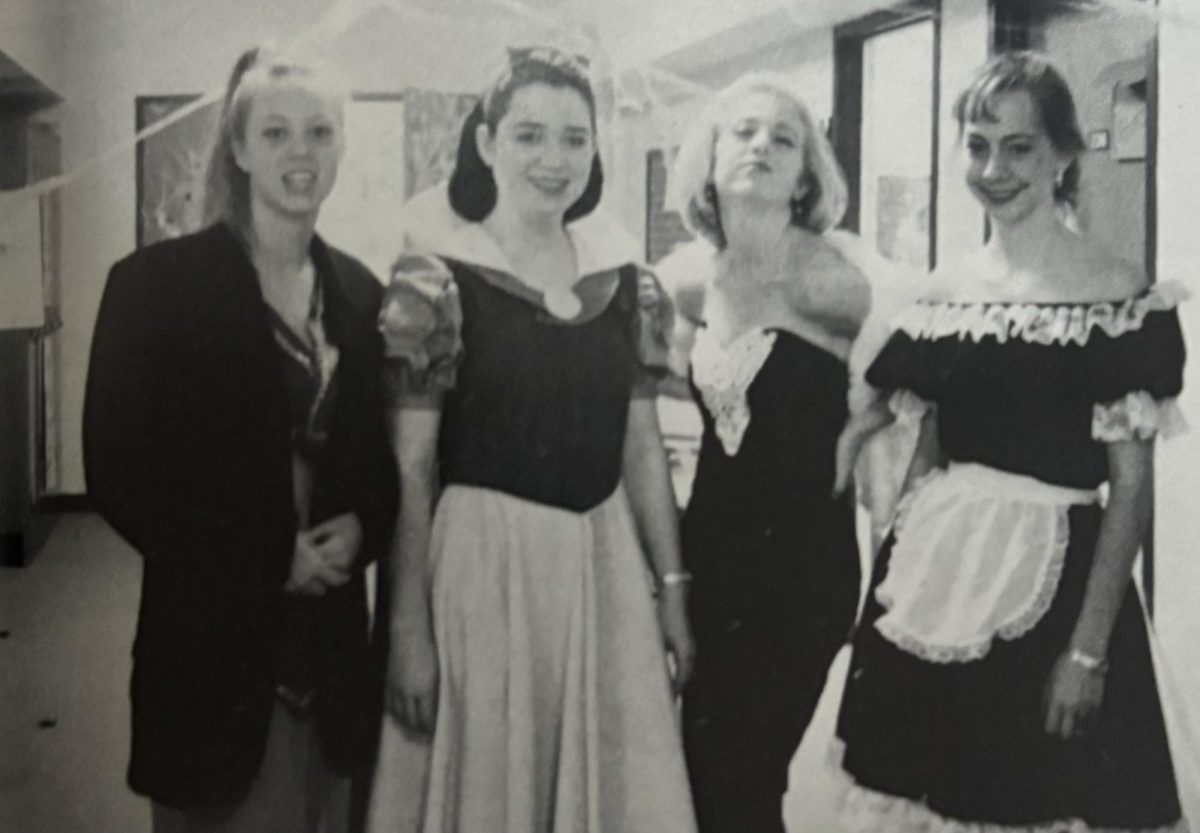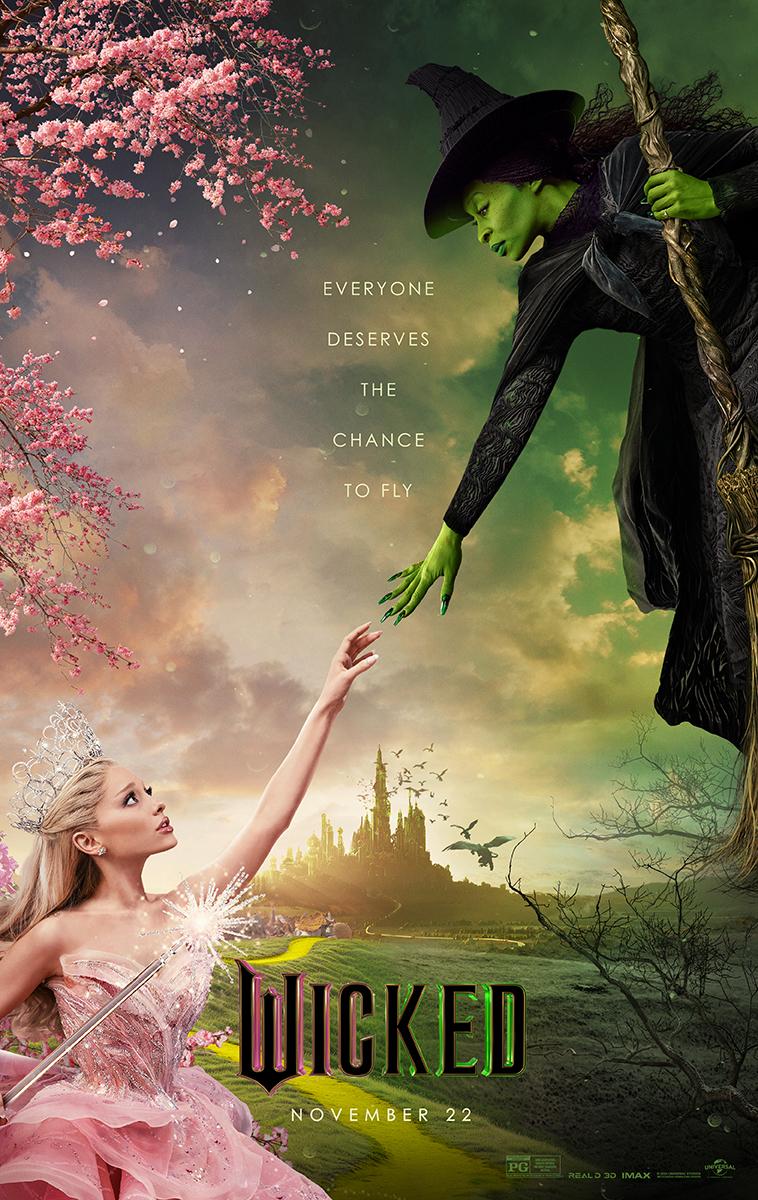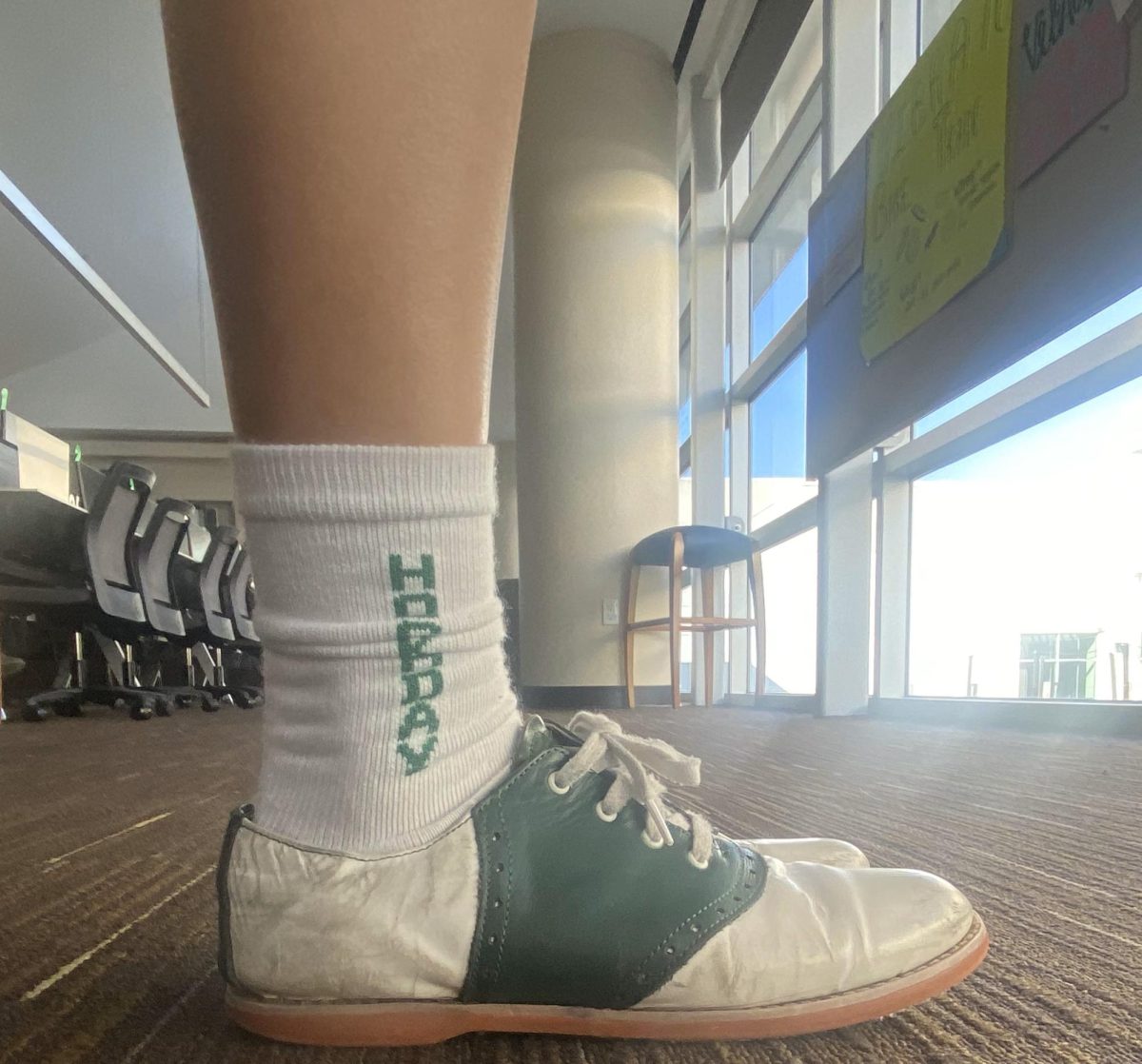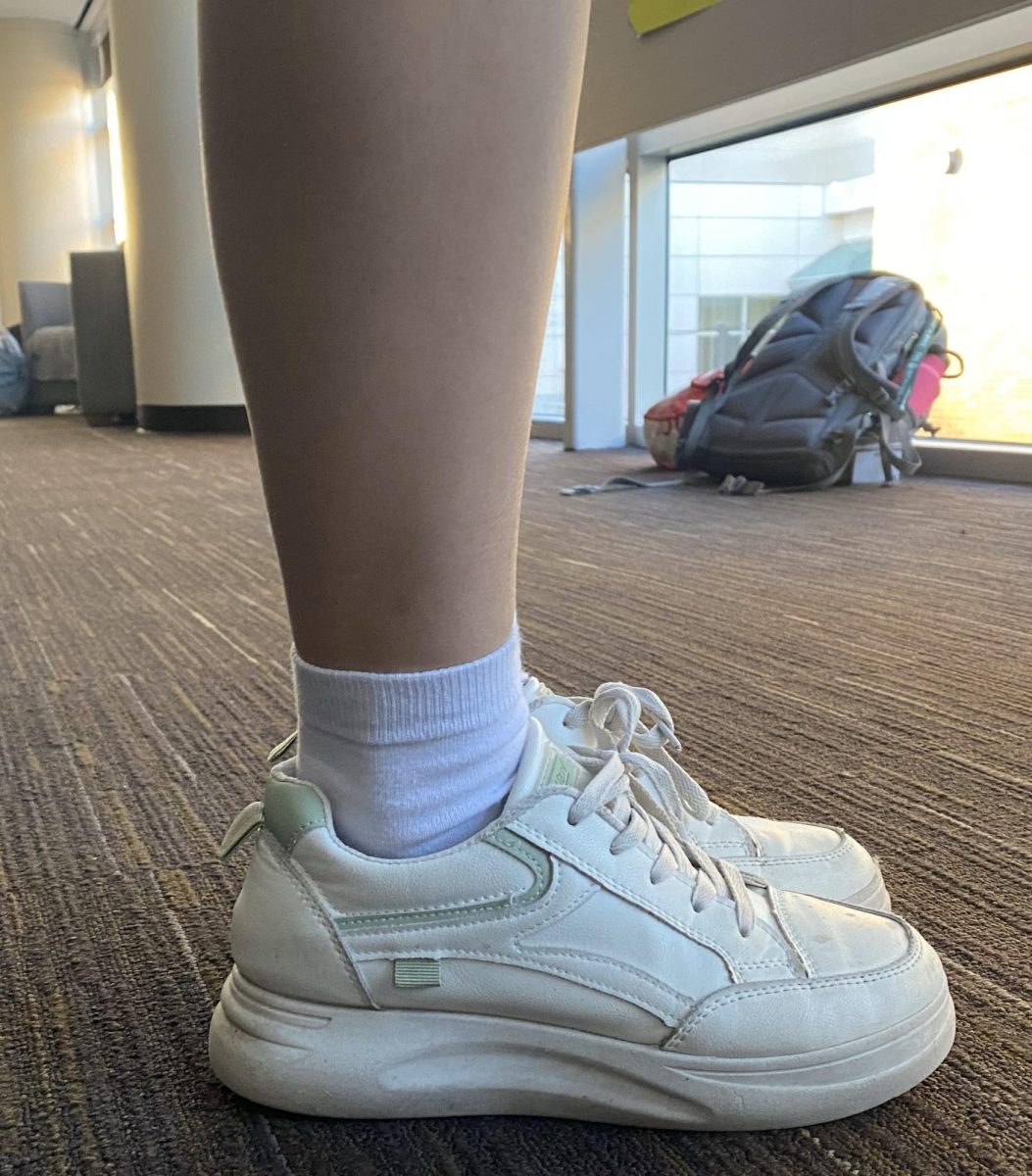On a crisp November morning in 2014, 29-year-old Brittany Maynard laid in her bed in Portland, Ore., clutching the secobarbital pill she had received in May. She swallows it. In 30 minutes, she will be dead.
NO: Katie O’Meara
Since the times of Hippocrates in Ancient Greece, medicine has always been used to heal, not to kill. Doctors pledge the Hippocratic Oath in medical school, promising to do their best to uphold the health and safety of their patients. In one version of the Hippocratic Oath, doctors promise to “exercise [their] art solely for the cure of [their] patients, and will give no drug, perform no operation for a criminal purpose.”
Prescribing drugs that kill contradicts medicine. Every day people are diagnosed with various illnesses, whether terminal or not, there is still hope for successful treatment or even a cure.
Doctors and researchers across the world work tirelessly in labs, searching for a cure to terminal diseases ranging from cancer to HIV/AIDS. If terminally ill patients decide to die and not give treatment a chance, they will never know whether or not they could have survived and beaten their disease.
That said, if physician-assisted suicide is legalized across the United States, then its use would extend beyond just ending the suffering of the terminally ill and it might be improperly used.
If the lawmakers legalize physician-assisted suicide, then how does the government ensure that the prescriptions are being given for the right reasons?
Five states–Washington, Oregon, Vermont, Montana and most recently California–have ruled in favor of physician-assisted suicide. Whether or not a patient receives the drug is determined through requests sent to the state outlining the reasons a patient wishes for their doctor to prescribe the drug.
When the legislation goes into effect in California next year, a patient will need to submit two oral requests at least 15 days apart and one written request to the state, in addition to an exam by a psychiatrist.
Even though a psychiatrist evaluates every patient requesting physician assisted suicide, not every person is in the right state of mind to make decisions regarding life or death, especially those suffering from mental illness. According to the National Health Institute, at least 25 percent and at most 75 percent of those with a terminal illness suffer from depression.
With something as precious as life, can these requests determine whether or not someone is truly ready to give up?
You only get one life. There is always hope and the opportunity for a miracle, so why not try?
YES: Neha Dronamraju
 Although Maynard never experienced another day holding her husband or hiking through the scenic Oregon mountains she grew to love, she evaded the unbearable pain and humiliation her illness subjected her to.
Although Maynard never experienced another day holding her husband or hiking through the scenic Oregon mountains she grew to love, she evaded the unbearable pain and humiliation her illness subjected her to.
When physicians take the Hippocratic Oath, they promise to do no harm. While this is often interpreted as a doctor’s obligation to preserve life against all odds, certain circumstances warrant a different definition of harm.
For some, harm is being subjugated to an incapacitating disease that strips them of control over their own lives. To keep such patients alive against their will is as cruel as taking life from someone who wants to live.
Every person should have control over whether they want to live or die as they choose because it is their life.
62-year-old terminally ill Raymond Carnay’s last few months were captured in the 2011 documentary “How To Die In Oregon,” culminating in his choice to die with dignity.
After diagnosing him with Laryngeal cancer, Carnay’s doctors told him that his only shot at survival was to have his larynx removed. Carnay, a singer, refused the surgery. Although he had not exhausted all of his treatment options, Carnay still applied for the lethal medication because to him, this surgery would strip away every last ounce of his dignity.
“They wanted to take out the thing that has been my life,” Carnay said in the documentary. “My whole life has been my voice.”
Since Oregon passed its Death With Dignity Act in 1997, 673 people have taken newly administered lethal drugs to end their lives. According to the National Institutes of Health, there have been very few cases in which fatal drugs were abused. Laws are in place to restrict access. These governance measures create a safe framework for the patient to exercise their right to choose.
For those who argue that physician-assisted suicide takes away life, I would contend that life constitutes more than the act of breathing and existing on the fringes of consciousness that characterizes terminal patients.
Life should be enjoyed in all its variety and breadth of experiences. Our country grants us the right to pursue happiness; and sometimes the choice to die is a happier fulfillment of that pursuit than the compulsion to live.
Commentaries are the expressed opinion of the author and do not necessarily reflect that of The Fourcast staff, its adviser or any member of the Hockaday community.
-Neha Dronamraju- Staff Writer & Katie O’Meara – Asst. Photo and Graphics Editor-








